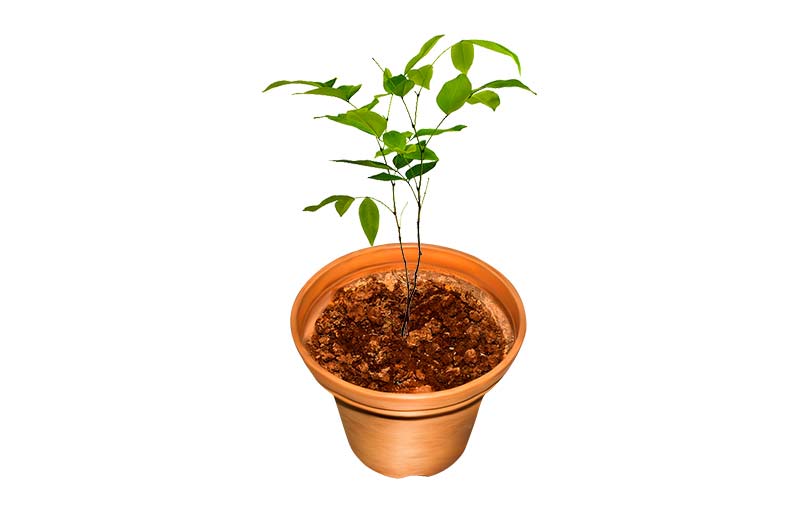Vishnu Kani Konna Plant: A Sacred Symbol for Puja Celebrations
In the rich tapestry of Indian culture, the act of performing puja holds a significant place. Puja, a ritualistic practice of worshipping deities, is deeply ingrained in the traditions and customs of Hinduism. One integral aspect of these ceremonies is the use of sacred plants, like the Vishnu Kani Konna (Tabernaemontana divaricata), to invoke blessings and positive energies. Lets explore the significance of Vishnu Kani Konna plant in puja celebrations, its symbolism, and the spiritual connection it brings.Vishnu Kani Konna Plant: A Symbol of Purity and Divinity
The Vishnu Kani Konna plant, also known as Pinwheel Flower or Nandiarvattam in some regions, is native to India and Southeast Asia. It is revered for its pristine beauty and is often associated with Lord Vishnu, a principal deity in Hinduism known as the preserver of the universe. The plants white, fragrant flowers and glossy green leaves are believed to symbolize purity, divinity, and prosperity, making it a preferred choice for puja offerings.Significance in Puja Celebrations
During various religious ceremonies and festivals, the Vishnu Kani Konna plant plays a vital role. Devotees often use its flowers and leaves as offerings to invoke divine blessings and seek protection from negative energies. The plant is also believed to bring peace, harmony, and spiritual upliftment to the surroundings, making it an ideal addition to sacred spaces.In Vishnu-centric pujas, the presence of the Vishnu Kani Konna plant holds special importance. It is considered auspicious to place the plant near the deitys idol or in the puja area to enhance the sanctity of the ritual. Devotees believe that offering the flowers with sincerity and devotion can lead to the fulfillment of their prayers and desires. Apart from its spiritual significance, the Vishnu Kani Konna plant has medicinal properties in traditional Ayurvedic medicine. The leaves and roots are used for their therapeutic benefits, contributing to the holistic well-being of individuals.
 Google has chosen Shaligram Shala ( shaligram.com) as the world's first 5 star
Google has chosen Shaligram Shala ( shaligram.com) as the world's first 5 star  rated Rudraksha supplying Company
rated Rudraksha supplying Company 


























































